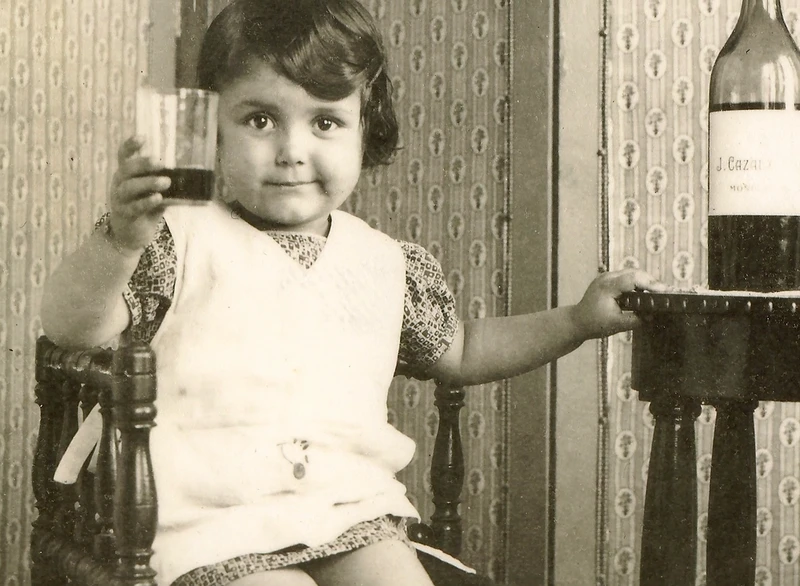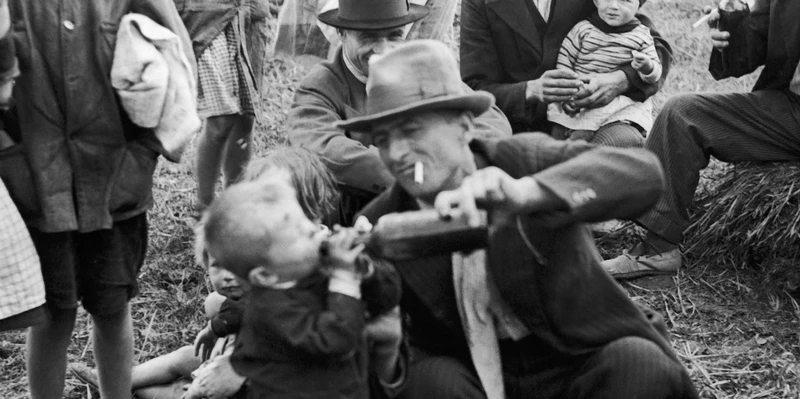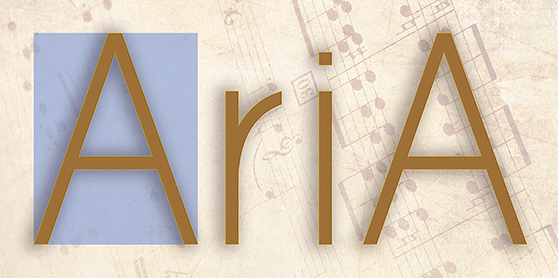Don't you think there are too many inhibitions in our lives? On the face of it, these seem like useful prohibitions. Not to drink wine, beer or other alcohol and not to smoke in public places. The most popular ban of late has been the addition of another one - not wearing a mask, etc. But what is interesting is whether there are fewer people with anti-social lifestyles? Visually it seems that on the contrary, there are more of them... But, there was a time when everything that now seems terrible and irresponsible was quite natural. For example - wine in schools in France
Wine in schools in France, the beginning of...
I recommend that you reflect on this at your leisure... and now a surprising fact from yesteryear as an excuse to think....
Not so long ago, schoolchildren in France were allowed to drink wine between classes. In today's society this would be considered totally unacceptable. But in fact, until the 1950s the consumption of wine, beer or cider in school canteens was not only permitted but also encouraged.
Stop. You will resent it. Alcohol, kids? What were these parents thinking? We should have taken away all their parental rights, taken their children away and raised them in care and love (sarcasm). That's what they would have done in modern society, without sorting or analysing. But, at the time, it was the care of the children that was the reason for such an incredible tradition.

France has always been an agricultural country. And for quite a long time, people believed that alcohol made people strong and helped them stay healthy. The French were impressed by wine's disinfecting and warming properties But it wasn't that simple: in the 1850s, some wines only did harm to those who abused them. After all, the shelf life of any homemade drink is short. Two to three days. It was necessary to wait for the intervention of a certain Louis Pasteur before a new era of wine's popularity began.
In 1863, Napoleon III commissioned a scientist to find a solution to "wine diseases". In 1866, Pasteur published his research in which he proposed heating wine to 56 degrees to eliminate germs and impurities. This invention would win him the Grand Prix at the 1867 World Exhibition and would bear his name: pasteurisation.
Although most wines today are not pasteurised, at the time it was standard practice. In some regions, it was safer to drink wine than water, because of which Pasteur certainly did not skimp on quotations, telling us that wine was the Healthiest and most hygienic of drinks.

For parents, especially in wine-producing regions, this was a wake-up call. In the mornings, children would go to school with their books and notebooks and, depending on the day, take with them half a litre of wine, beer or cider. In some cases, the school itself provided the pupils with such a valuable drink.
Milk, takes the stage. Wine is losing ground.
But all the good"good"things have an end. In 1956 French Prime Minister Pierre Mendès France decided to tackle the growing problem of malnutrition and alcoholism in both children and adults. Back when he was Member of Parliament for Normandy in the 1930s he ran a pilot project which involved giving children a glass of milk a day. The results were assessed as positive. Mendès France then filed a bill for a daily ration for every child - a glass of milk. The outbreak of the Second World War prevented the project from being completed. It was not until the mid-1950s that the matter was completed. Wine was forbidden in schools for children under 14. Instead, every child received a glass of milk and a lump of sugar.
A wise decision, we say with one voice. But at the time the innovation was met with suspicion. Many saw it as an attempt by Mendès France to revive the French dairy industry, which was in a sorry state after the war, and to attract the votes of the peasants.
After all, it's not easy to change tradition, because for hundreds of years politicians and doctors have claimed that alcohol makes their children strong, full of energy and healthy. Parents struggled to believe the government, which never ceased to assert that alcohol could be dangerous for children, especially the very young. However, some sceptical parents continued to give their children a daily dose of alcohol before going to school.
And surprising as it may sound, it wasn't until September 1981, shortly after François Mitterrand was elected, that alcoholic drinks were finally banned in secondary school for all children.




 and then
and then 
